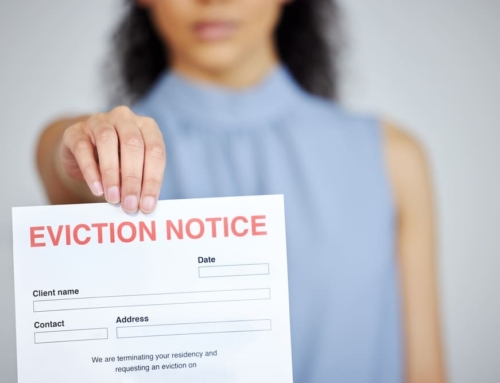Once signed, it may not be easy to terminate a contract for a home.
 Q: My friend and I are in the final stages of buying a house. The property is going to be in her name only but some things have changed and we no longer can afford to buy the home.
Q: My friend and I are in the final stages of buying a house. The property is going to be in her name only but some things have changed and we no longer can afford to buy the home.
What are the penalties if we don’t go to the closing and renege on the deal? We both own homes about 75 miles apart and are already paying on our mortgages. She made up a rental contract on her property in order to qualify for this one.
How should we handle this?
A: It’s far better to back out now – it’s kinder to the seller and the agents who have spent time trying to get this deal done. As far as penalties go, you might lose the deposit you put down to purchase the home and you might get sued down the line if the sellers can prove damages.
The extent of your liability to the seller should be detailed in your purchase and sale agreement. In some cases, you might only lose the money you put down on the contract. In other cases, a seller can sue you for any damages they sustain. And in other cases, you might not have any liability if you are early enough in the transaction and have a valid reason to terminate the deal.
If circumstances have changed in your lives that will prevent you from obtaining financing, your contract might provide that if you are denied financing within a certain time period, you can notify the seller and cancel the deal.
But if you are almost at closing, you can expect the seller to be quite upset at you terminating the purchase and sale agreement for their home. If your purchase and sale agreement contains a penalty provision, you can bet the seller will want to enforce that provision to the maximum and get as much as he or she can from you for your default, breach of the contract, and failure to purchase their home.
Contact a real estate attorney who can help explain your legal liabilities and help you unwind this. Call your local bar association and ask for the head of the real estate committee if you don’t know an attorney. Ask for a referral for an attorney that practices mainly real estate law.






Leave A Comment